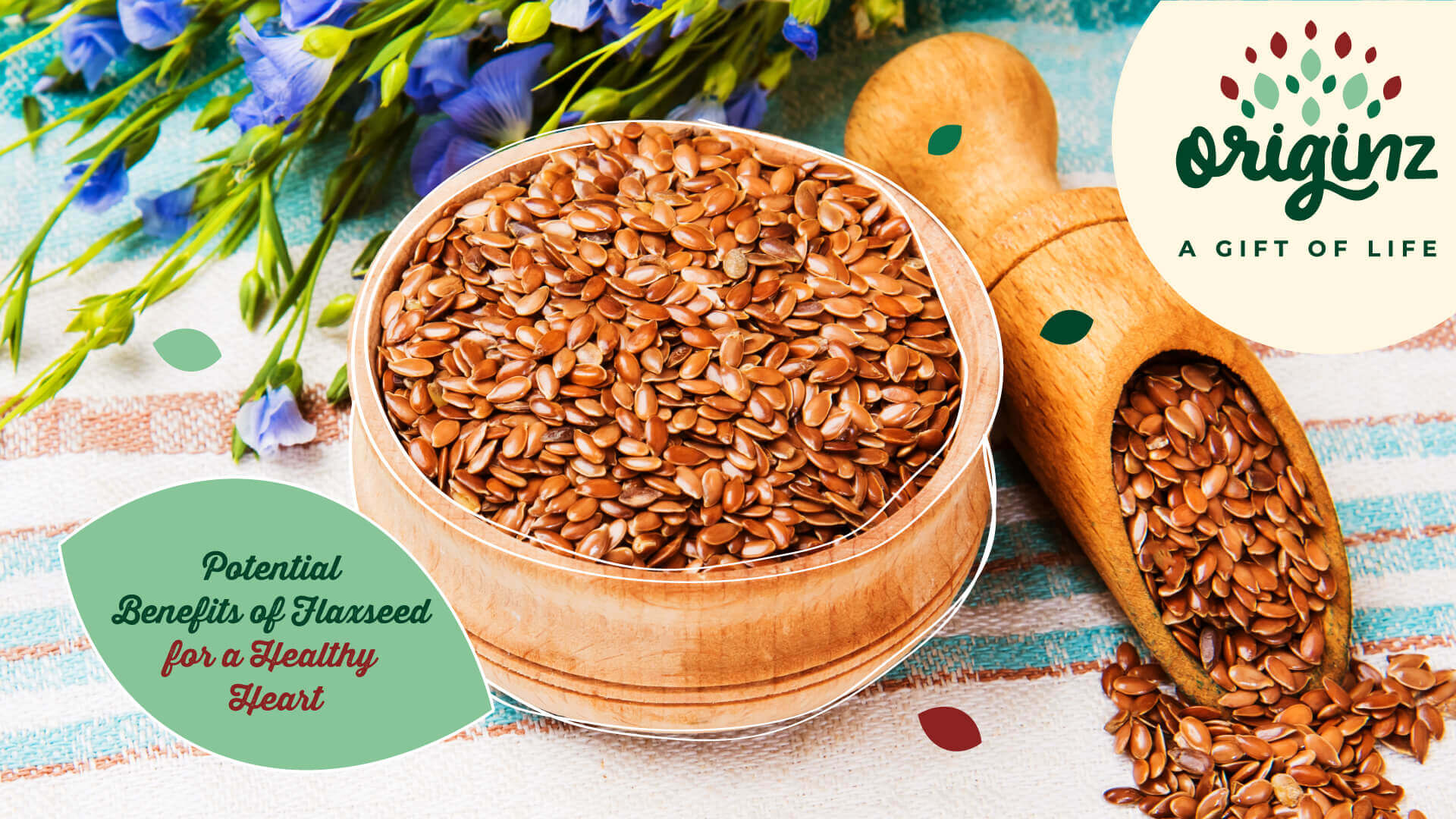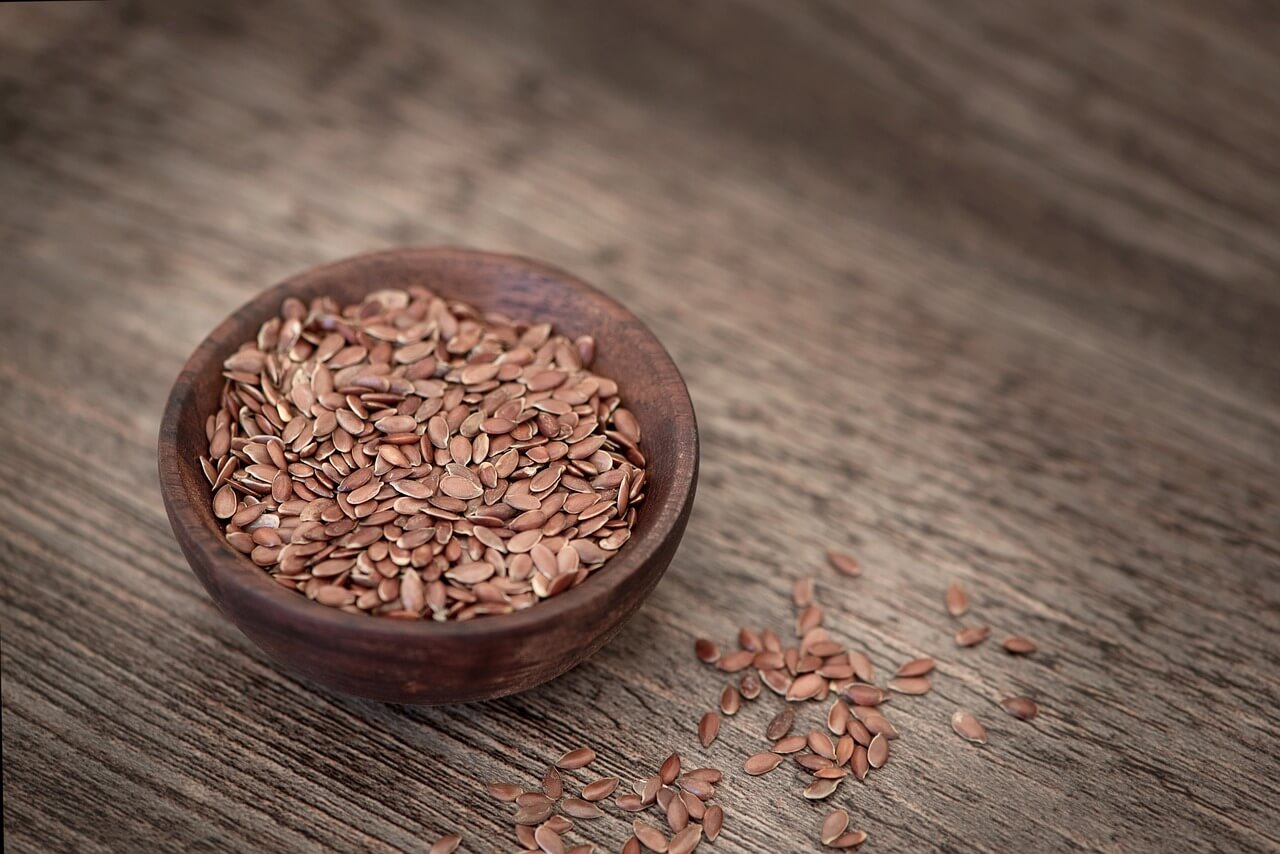
Potential Benefits of Flaxseed for a Healthy Heart
In our journey towards achieving optimal health, the role of diet cannot be overstated. Among the plethora of natural options available, flaxseed emerges as a notable ally in the pursuit of heart health. Known also as linseed or alsi seed, this small yet mighty seed offers an impressive array of nutrients and health-promoting qualities. This blog delves into the extensive flax seed benefits, with a special focus on flaxseed benefits for the heart.
Understanding Flaxseed
Flaxseeds are laden with alpha-linolenic acid (ALA), an essential omega-3 fatty acid found primarily in plants. This vital nutrient is celebrated for its cardiovascular benefits, such as reducing inflammation within blood vessels and improving overall heart function. In addition to ALA, flaxseeds are abundant in lignans—phytoestrogens that possess antioxidant properties, which play a crucial role in heart health by preventing oxidative stress that can lead to heart disease.
Another one of the main alsi seed benefits is their fibre content which helps in regulating cholesterol levels by promoting the elimination of bad cholesterol. This combination of omega-3 fatty acids, lignans, and dietary fibre makes flaxseeds a powerhouse for cardiovascular health.

Key Heart Health Benefits of Flaxseed
Incorporating flaxseed into your diet can lead to numerous flaxseed benefits for the heart. The omega-3 fatty acids help mitigate cardiovascular risks by lowering blood pressure and reducing arterial inflammation, potentially decreasing the likelihood of strokes and heart attacks. Furthermore, the fibrous content of flaxseeds aids in maintaining healthy cholesterol levels, which is vital for preventing arteriosclerosis and other heart conditions.
Lignans offer additional cardiovascular protection by improving lipid profiles and providing antioxidants that safeguard the heart muscles from damage. The consistent inclusion of flaxseeds in one’s diet has been associated with a decreased prevalence of cardiovascular diseases, underscoring the significant flax seed benefits for the heart.
How to Incorporate Flaxseed into Your Diet
To fully reap the linseed benefits, it's recommended to consume them in ground form. Ground flaxseed can be easily added to smoothies, oatmeal, or yoghurt, integrating seamlessly into your daily meals. For those seeking inspiration on incorporating more flaxseed into their diets, explore delicious recipes that not only focus on health but also taste.
Organic Flaxseed and Sustainable Farming
Opting for organic flaxseed means consuming a product free from synthetic pesticides and genetically modified organisms, amplifying the health benefits while supporting sustainable farming practices. Organic farming helps in reducing environmental pollution and improving soil fertility, making it a responsible choice for health-conscious individuals. Companies like Originz, which offer a variety of healthy food products, prioritize organic and sustainable approaches to agriculture, allowing consumers to enjoy the alsi seed benefits without environmental guilt.
Additional Health Benefits of Flaxseed
The benefits of flaxseeds extend beyond heart health. These seeds also aid in weight management by promoting feelings of fullness and decreasing appetite. They support digestive health due to their high fibre content and have been shown to reduce the risk of several chronic diseases, including diabetes and cancer. The anti-inflammatory properties of flaxseeds make them particularly beneficial for individuals suffering from inflammatory conditions such as arthritis.
FAQs
How much flaxseed is recommended daily to maximise heart health benefits?
It is advisable to consume 1-2 tablespoons each day to gain the linseed benefits for heart health, providing a substantial amount of ALA and fibre.
Can flaxseed replace other dietary fats?
Absolutely, flaxseeds are an excellent substitute for various dietary fats. They offer healthy fats that can improve the overall quality of dietary fat intake, enhancing heart health and well-being.
Are there any potential side effects of consuming flaxseeds?
Flaxseeds are generally safe for most individuals; however, due to their high fibre content, they should be consumed in moderation. Excessive consumption might lead to digestive disturbances. It's also crucial to consume ground flaxseeds or ensure they are thoroughly chewed to aid digestion.
In summary, the diverse benefits of flaxseeds, especially those related to heart health, are substantial. By incorporating these organic seeds into your diet, you can not only improve your cardiovascular health but also support sustainable and environmentally friendly agricultural practices. Through the comprehensive nutritional benefits that flaxseeds offer and Originz's dedication to quality and sustainability, making flaxseeds a regular part of your diet is a wise and health-promoting decision.
Further Read,
· Health Benefits of Consuming Celery
· 6 Types of Mangoes and Its Benefits to Our Body
· 10 Reasons Why You Should Consume Citrus Fruits
Latest Blogs

Maintaining Healthy Habits After Ramadan
Have Ramadan healthy meals after Ramadan and maintain healthy food habits and implement them in your daily lives. Read more about healthy food habits.

Authentic Middle Eastern Iftar Meals to Prepare This Ramadan
Prepare some authentic middle eastern iftar meals this Ramadan. Look for fresh Ramadan food ideas and make your day memorable with these dishes. Check them out.

Ramadan Dishes to Cure Fasting Fatigue
Don’t worry about fasting fatigue anymore as we have listed some best Ramadan dishes and easy iftar meals to support your fasting journey. Check them out.

Eid-al-Fitr Feast: Delicious Recipes to Celebrate the End of Ramadan
Celebrate the end of Ramadan with delicious recipes on the eve of Eid ul Fitr. Read more about the traditional Ramadan recipes and make them easily.